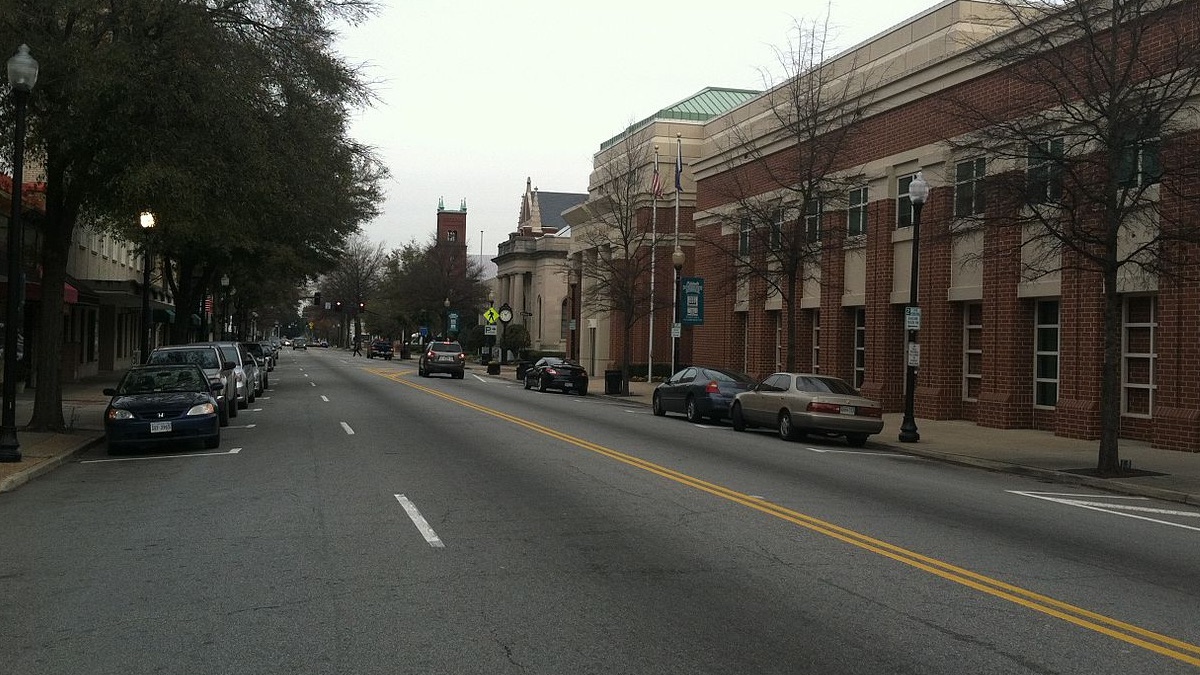The Suffolk school board will appeal a lawsuit claiming the board violated open meeting laws to the Virginia Supreme Court.
In July the board held a retreat that plaintiff Deborah Wahlstrom attempted to observe. She said she was told to leave by School Board Chair Judith Brooks-Buck and Superintendent John Gordon III.
The board had a live stream of the event, which could be viewed elsewhere in the building. But they would not let Wahlstrom or a journalist from the Suffolk News-Herald watch the proceedings in the room, citing COVID-19 concerns.
When Wahlstrom refused to leave, the board called police, who escorted her out.
Suffolk Circuit Court Judge Matthew Glassman found the board violated Virginia's Freedom of Information Act
"I don't know how... to put this," Glassman said when he issued the ruling in September, "but it's shameful that a member or a citizen was threatened with arrest for trying to assert her rights to be in that place."
The judge was not convinced by the board's COVID rationale.
"I understand that everyone was saying COVID was a concern," he said in his ruling. "It's a concern everywhere. However, there was no evidence that they were taking any sort of COVID precautions. There was no evidence of any questionnaire that was being given similar to the questionnaire that someone was asked to enter this building."
The Virginia Freedom of Information Act says "all public records and meetings shall be presumed open, unless an exemption is properly invoked."
Megan Rhyne, the executive director of the Virginia Coalition for Open Government, says the distinction between a live meeting and a video feed is important -- even during the era of COVID.
"I think most of us realized during the pandemic that it's great that we are now able to communicate with each other electronically," she said. "But it is very different to be viewing things through a screen than it is from being in the room with the people who are conducting business."
"A public meeting is as much about the experience, the interaction between the public and the members as anything else," Rhyne added. "The public gets to see the way that the members are reacting to each other, reacting to anything that the public might say, and in return, the members of the public body see the audience. They have to look them in the eye."
Wahlstrom’s attorney, Kevin Martingayle, said a live stream means a camera operator could decide what parts of the meeting to show and what to conceal.
"This has a lot of room for mischief if it's allowed," he said.
The Circuit Court judge found that live streaming a meeting was acceptable for an overflow crowd, but that citizens who want to watch the meeting in person should have priority.
The judge also noted that it was the second time the Suffolk school board was found in violation of Virginia's FOIA law.
The previous lawsuit involving FOIA violations was brought by Sherri Story, a member of the school board.
Story filed a suit against the board in June 2020 over a number of open government violations, including closed meeting disclosures and required notice of meetings.
The judge found the board in violation of the law and ordered members to read the FOIA statute.
Weeks after Story filed her suit, school superintendent Gordon sent a letter to the board saying Story was creating a hostile work environment for him. That triggered an investigation by the law firm MaguireWoods.
Story said the board violated FOIA during that investigation and filed suit. Story and the board reached a settlement earlier this year.
Martingayle represented Story as well.
"Everybody's entitled to exercise their legal rights, whether or not you like them," Martingayle said. "I also think that there is just, for whatever reason, a problem with the majority of the school board members recognizing that the exercising of FOIA rights is not an adversarial process or event."
WHRO asked the school board chair and the superintendent for comment. Both declined.
WHRO also requested comment from the other members of the board, who did not respond.
Story's was the sole vote against appealing the Wahlstrom FOIA case to the state supreme court.
"I don't believe this is winnable," she said, "And it's going to cost more money, more time. Can we not say it should have been a completely open meeting? And we take the court's word, and we won't do it again. And let's go back to focusing on students."
Note: Megan Rhyne is on WHRO's Williamsburg Advisory Board. Also, Suffolk Public Schools is a member of the Hampton Roads Educational Telecommunications Association, which owns the license of WHRO.




